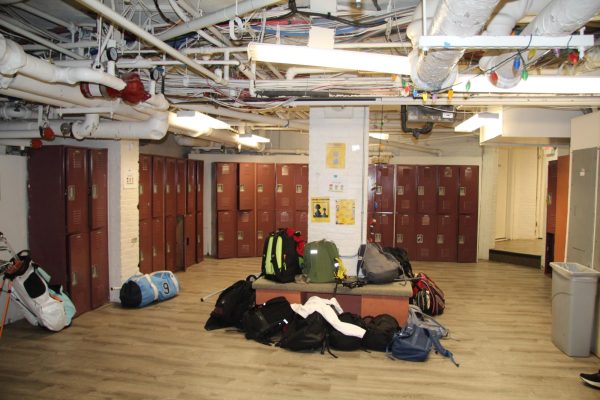Senior projects foster growth in students in several ways
Credit: Tommy Larson
Senior Jack Chen takes advantage of the school’s new Makerspace while working on his senior project. Senior projects allow students to explore their interests in a variety of settings both on and off campus.
Students do not need classrooms to learn, and, as indicated by the new strategic plan, Hackley’s administration is committed to giving its students the opportunity to learn in an experiential manner. While experiential learning is expected to assume a larger role within Upper School curricula in the coming years, such learning has already been occurring for seniors during the month of May.
In May, seniors participate in various projects suited to their interests. After their projects conclude, seniors must then present their projects to a select panel of faculty.
On a basic level, senior projects are low-stress, and yet simultaneously rewarding experiences for seniors. For a school like Hackley, a school in which academics are the main focus of most students, a month off from a normal class schedule certainly adds a pleasant element to an otherwise stressful year for many.
“For me, my senior project was more of a fun experience than a view into my intended area of study,” said Ray Carofano, a member of Hackley’s Class of 2018.
Aside from the significance of senior projects in cultivating enjoyable springs for seniors, these projects also provide individuals glimpses of what their futures in particular fields hold, thereby fostering a spirit of maturity in students.
“Beyond life experience, [senior projects] give you perspective on, and an opportunity to, dive into things that you are personally excited to focus on in your future,” said senior Richie Nuzum.
Senior projects also enable students to learn about time management and work-life balance. Seniors taking part in their projects still must attend their AP classes, and they also must fulfill their athletic obligations.
“[For students,] making everything work between their AP classes and their athletics, and their project itself, is very much what winds up being the case later in life,” said Upper School mathematics teacher Jon Gruenberg.
While many senior projects take the form of internships in which students intern at legitimate institutions and corporations, the pedagogical benefit of senior projects is not merely pre-professional in nature. Because students taking part in internships are not assessed in the traditional sense during their projects, and because students are free to take part in whatever project piques their interest, senior projects are also conducive to a free and enlightening sort of intellectual exploration.
“In college, and afterward, there’s a lot of pressure to do what you think your career will be. So I think [senior projects are] a nice way to try something out that you’re interested in but aren’t sure about,” said senior Matthew Fisch.
The experiential nature of senior projects not only allows students to grow on a personal level: these projects serve as transition points for seniors moving on from the Hackley community. Hackley’s close-knit nature makes graduation exciting — and yet simultaneously daunting — for a number of students. Senior projects thus represent effective ways in which seniors can begin to move on from their time at Hackley.
“It is important to take a step back before graduating. This way, we are still connected to Hackley, but also can begin to imagine a life beyond the Hilltop,” senior Ingrid Lauerwald said.

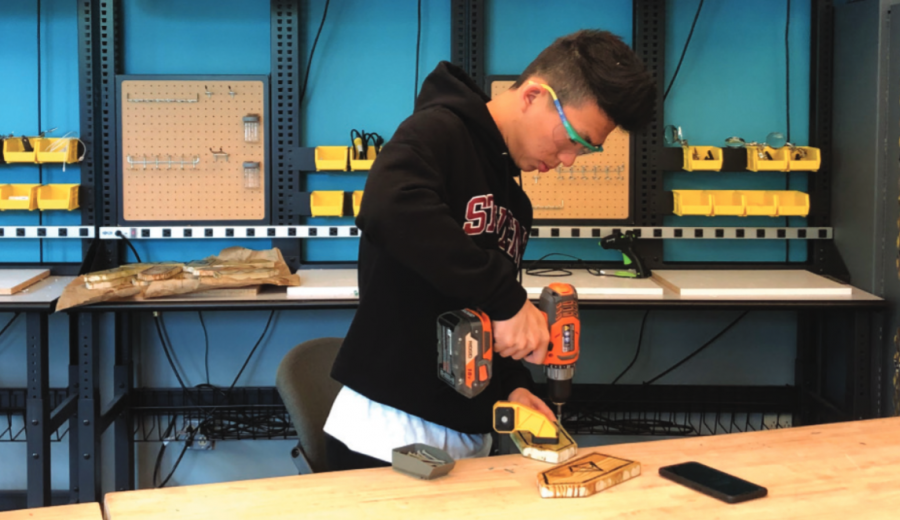
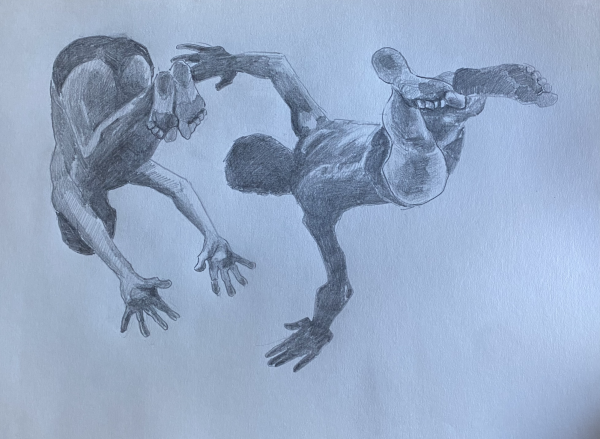
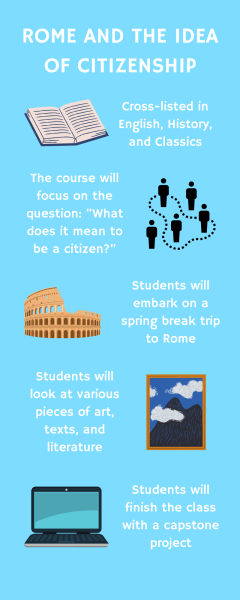
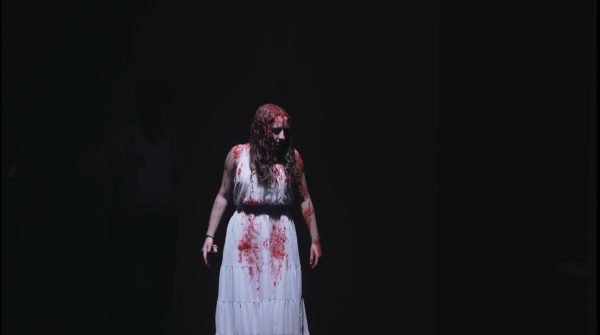
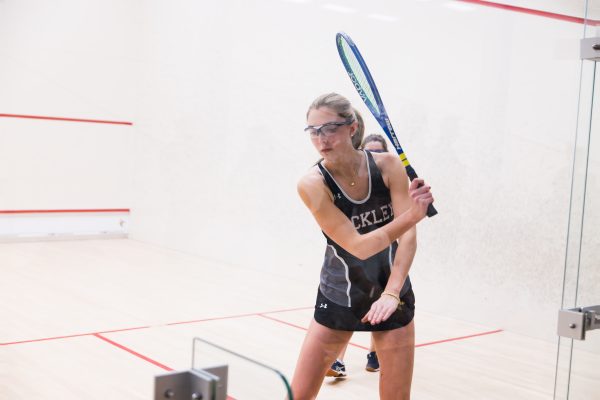
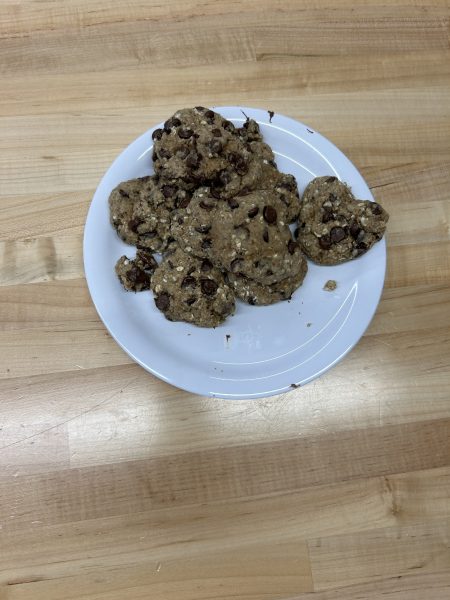
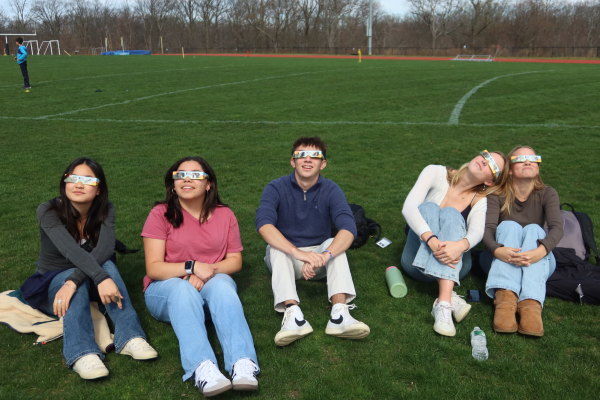


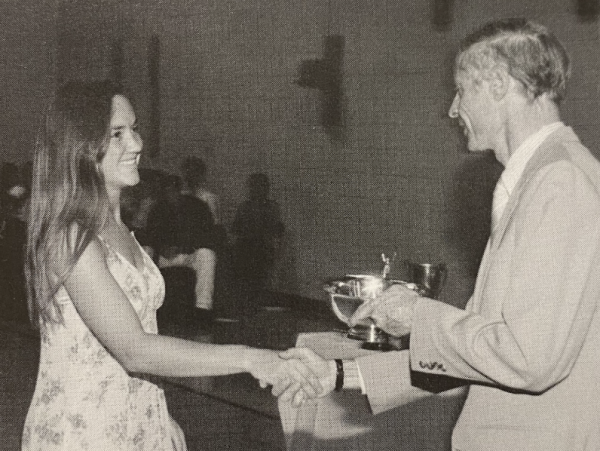
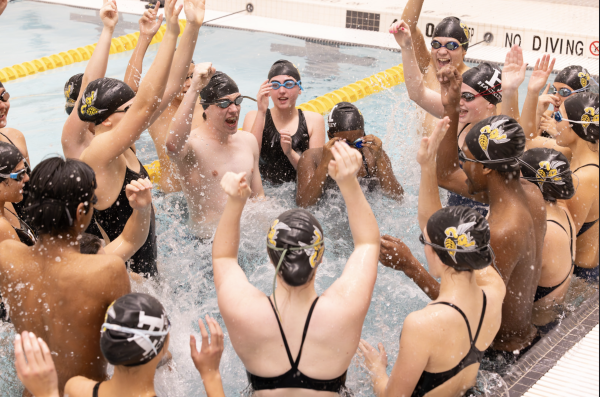
![Although the affect of COVID-19 has been on a decline with less cases and deaths allowing most of us to remain mask free, people on the Hilltop are still choosing to mask up. Personal health concerns as well as helping an elderly neighbor are reasons as to why middle school science teacher Emma Olsen still wears a mask years after the COVID-19 pandemic began. Since I am helping take care of him, you know I go over to work with his dogs, that kind of thing; I dont want to bring [the virus] home to him, Ms. Olsen said.](https://hsdial.org/wp-content/uploads/2024/03/IMG_1713-450x600.jpg)
